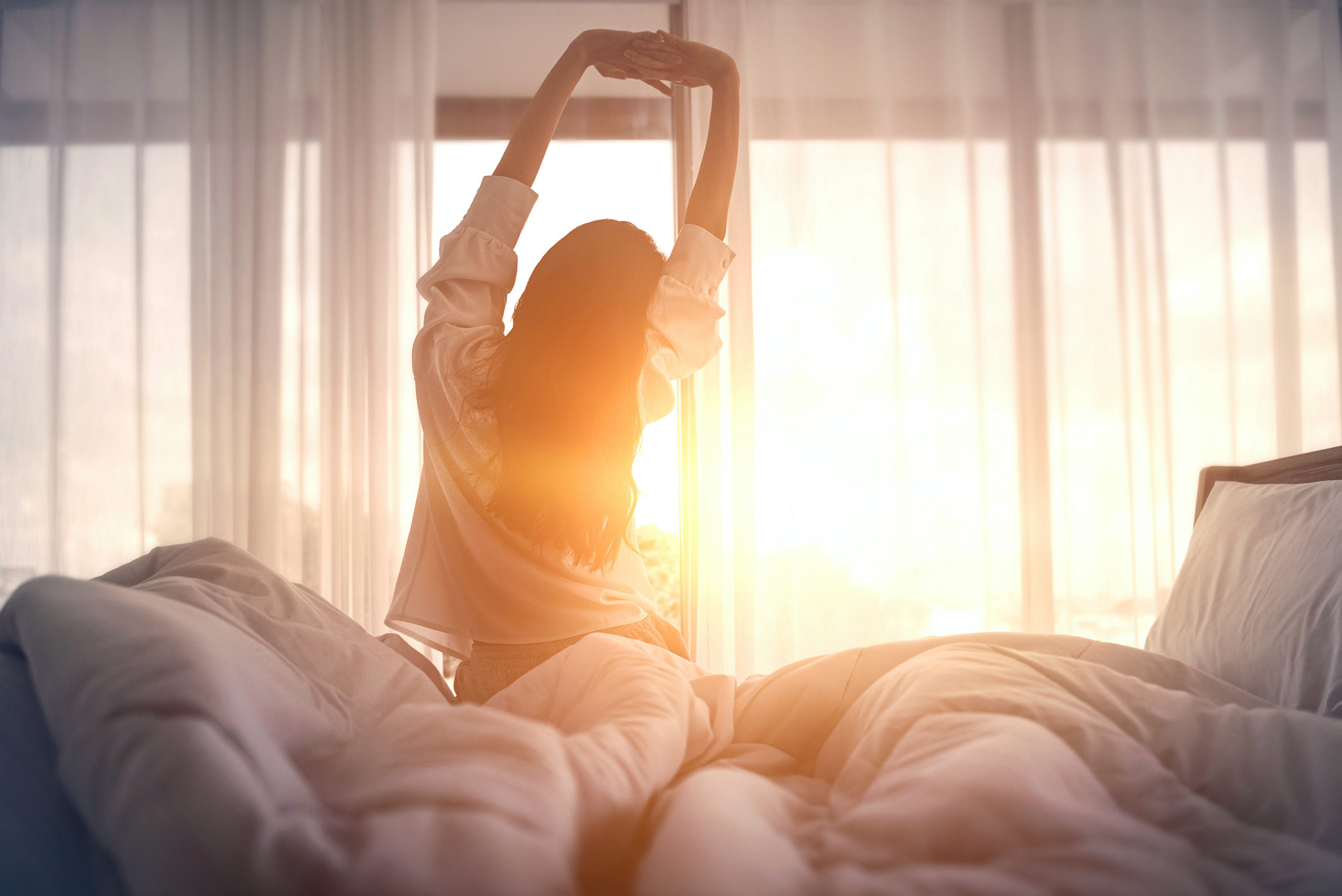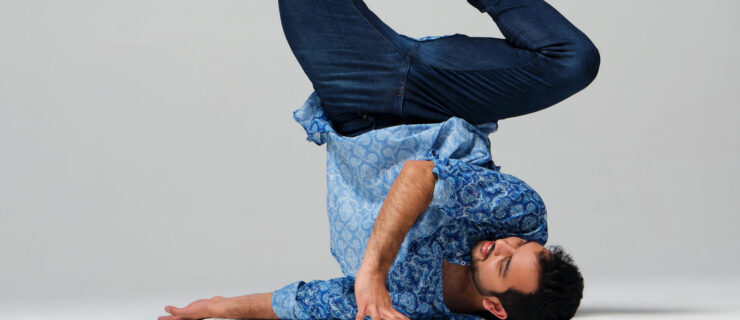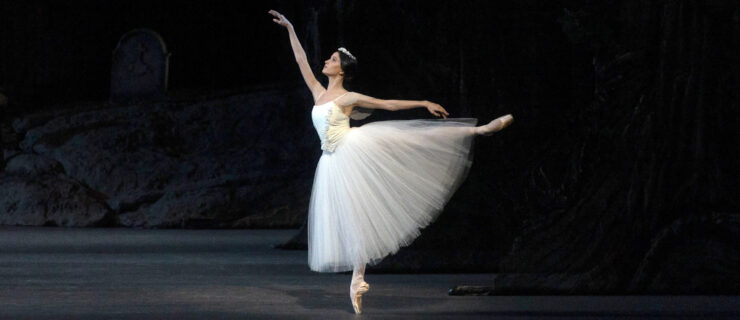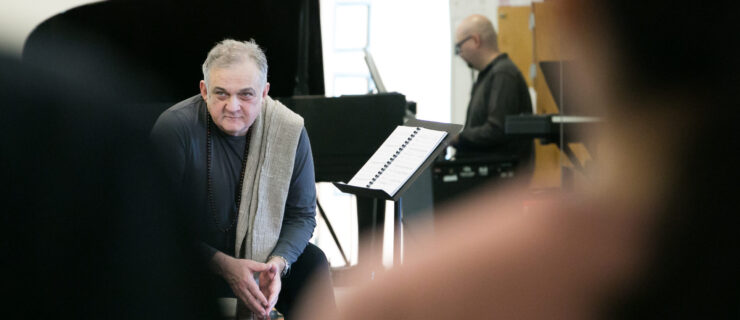How to Use Nutrition to Enhance Your Sleep—and Your Dancing
Are you getting enough sleep? You might be surprised to learn the answer. Many dancers overestimate how much high-quality sleep they get—and underestimate the impact sleep has on their performance. Sleep is an essential tool for wellness and performance, and in the same way that you can use good nutrition to fuel your dancing, you can use it to enhance the quality of your sleep.
Why Does Sleep Matter?
“For athletes, sleep is important for recovery and feeling well rested for training,” says Yasi Ansari, a former dancer and a registered dietitian nutritionist and certified specialist in sports dietetics based in Los Angeles. Sleep helps increase mental alertness in the classroom and in the studio. “Being well rested can help dancers easily learn and retain new choreography, and it helps with accuracy in partner work,” she says. Not getting enough sleep can prevent a dancer from using fuel sources efficiently, which can cause low energy during training and can negatively impact recovery. It can also affect the hormones that regulate hunger and feelings of fullness, making it harder to tune in to what the body needs when it comes to food. Skimping on sleep also influences the production of growth hormones, which may play a role in muscle repair and synthesis.
How Much Shut-Eye Do Dancers Need?
It depends. Sometimes a dancer’s training load increases, such as during competition and performance seasons. During those times your energy needs also increase, as does the importance of sleep to support training and adapting to new choreography. “The average person needs at least 7 to 9 hours per night,” Ansari says, “while competitive athletes and highly active individuals benefit from 8 to 10 hours to support recovery from high-level training.”
Nutrients Can Improve Sleep
Research has shown that certain foods, particularly those that contain magnesium, potassium, vitamin D, tryptophan and melatonin, help promote good sleep. On the flip side, foods and beverages containing caffeine can disrupt sleep, so it’s best to limit or avoid them for four to five hours before going to bed. For some people, it might also make sense to limit spicy, acidic and fried foods, as they can cause indigestion and lead to disrupted sleep. “I always encourage dancers that I work with to make a note of what foods interfere with their sleep and what foods work for them,” Ansari says.
Magnesium is a mineral that promotes relaxation. Dancers should aim for 300 to 420 milligrams per day. Adding nut or seed butters to bananas or toast is a great way to get magnesium before turning in. Ansari suggests topping Greek yogurt with chopped walnuts and almonds, or snacking on a mix of nuts and dried fruit such as apricots.
Potassium can also impact sleep efficiency, with some research suggesting that not getting enough can lead to poor sleep quality. It can be found in beans, avocados, bananas and leafy greens.
Tryptophan is an essential amino acid that plays a key role in the production of serotonin and melatonin. You can get it from foods like turkey, oats, bananas and dark, leafy greens. Tart-cherry juice also contains tryptophan (in addition to magnesium); Ansari recommends drinking up to 8 ounces about two hours before bed.
Vitamin D There is some evidence to support that vitamin D can enhance sleep because of its role in regulating serotonin (a precursor of melatonin). Foods such as salmon, sardines, oysters, shrimp and egg yolks are great sources of vitamin D, and a supplement can help you meet your needs. Contact your physician for guidance before taking supplements.
Sleep-Savvy Bedtime Snacks
Don’t know what to eat at night to help you sleep better? Try these.
● fruit with nut butter
● whole-grain cereal and milk
● cheese with fruit or crackers
● yogurt and a handful of walnuts
● cottage cheese and berries
● tart cherries or tart-cherry juice
● yogurt and raspberries
● kiwi




